T4K3.news
Husband dies days after wedding in Dublin
A Dublin man dies three days after tying the knot as doctors describe his brain cancer prognosis and his wife plans a foundation in his memory
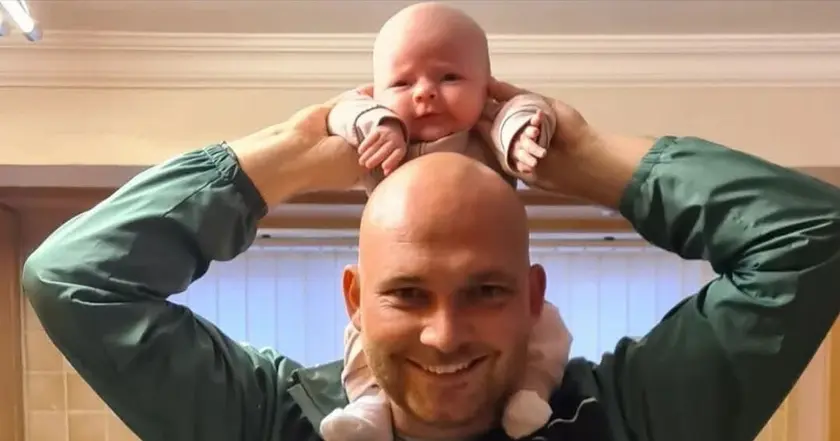
A Dublin man dies three days after marrying his wife, following a glioblastoma diagnosis, prompting questions about brain cancer care and family resilience.
Husband dies three days after wedding from brain cancer in Dublin
Dean Dunphy, 33, from Dublin, was diagnosed with glioblastoma in August 2023 after stroke-like symptoms. He underwent two brain surgeries, chemotherapy, and radiotherapy as doctors described the condition as an old man’s disease. On May 18, the couple wed in Dublin with loved ones present, choosing to celebrate despite the prognosis. Dean suffered a seizure on their wedding night and was placed in palliative care; he died at 4:35 am on May 21, three days after the wedding, surrounded by his wife Michaela and their family.
Michaela Dunphy, now navigating life as a single parent, plans to launch a foundation in Dean’s name to fund further research into brain cancer treatments. The story also notes their four-year-old daughter Sloane’s questions and the family’s enduring strength as they adjust to a future without Dean.
Key Takeaways
"If Dean makes the next couple of days, it’ll be a miracle."
Doctors’ prognosis shared with Michaela during hospital care
"Daddy is going to go up to the angels very soon"
Michaela’s words to their daughter about Dean
"Does this mean I don’t have a daddy anymore"
Daughter Sloane’s question after the news
"He held on to make you his wife"
Comment from others to Michaela about Dean’s last act
This story highlights the human cost of glioblastoma, a disease where treatment options are limited and outcomes can be dire. It points to the emotional toll on a bereaved spouse and a young child, and it raises questions about how families access care, the timing of conversations about prognosis, and the support systems available during and after hospital stays. The prospective foundation signals a constructive response to tragedy, turning personal loss into a potential driver of research funding, while reminding readers that families often carry the weight of such illnesses long after the flowers fade.
Highlights
- Love shines brightest when days grow short
- Hope starts with a foundation built on grief
- Grief arrives with the certainty of a heartbeat
- Courage is shown when a diagnosis arrives and life goes on
Sensitivity around a private family tragedy
The piece centers on a grieving family after a devastating illness, which could affect readers who have faced similar losses. It discusses prognosis and end-of-life care, and it includes intimate moments that rely on careful, respectful reporting.
Life’s final moments rarely come with a protocol, but they can spark a public push for better care.
Enjoyed this? Let your friends know!
Related News
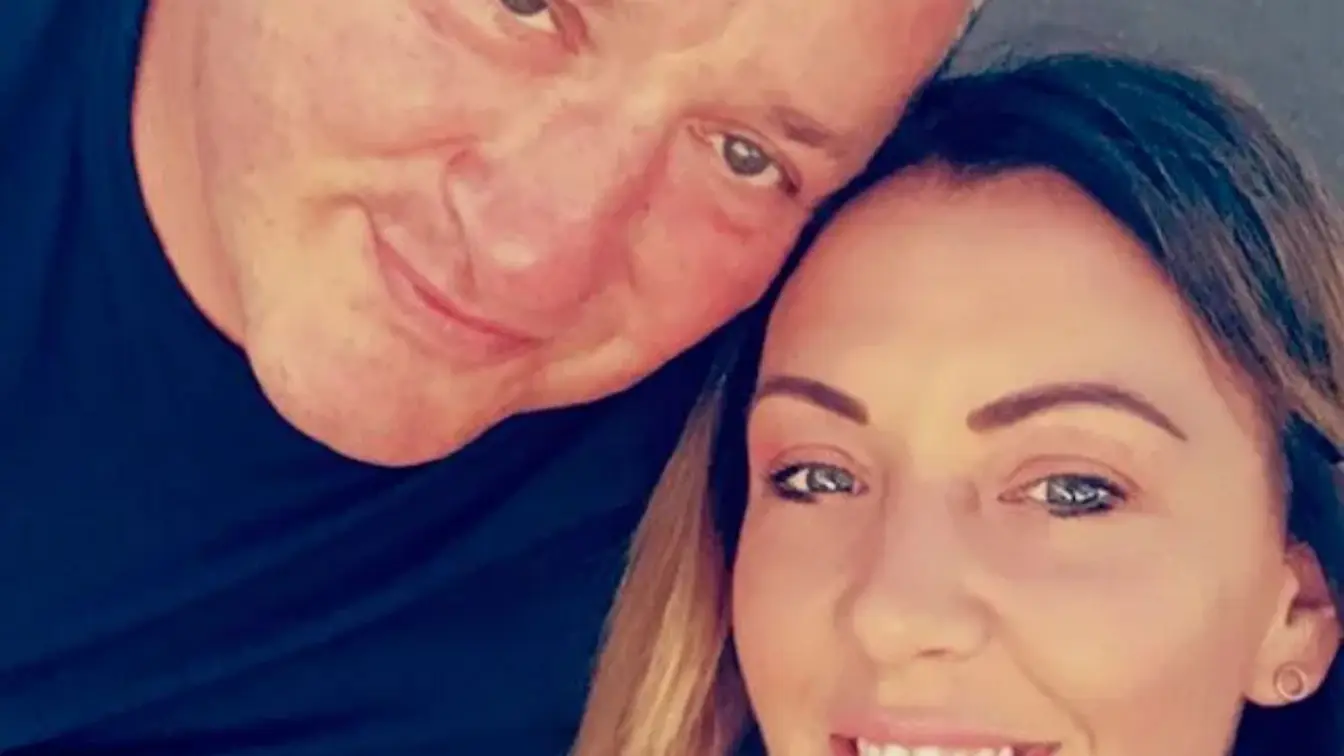
Life saved then lost prompts health action
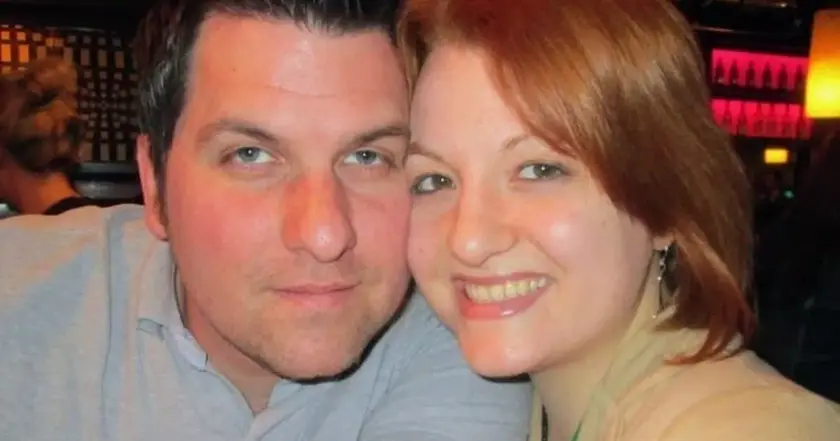
Jewellery loss sparks community search in Liverpool
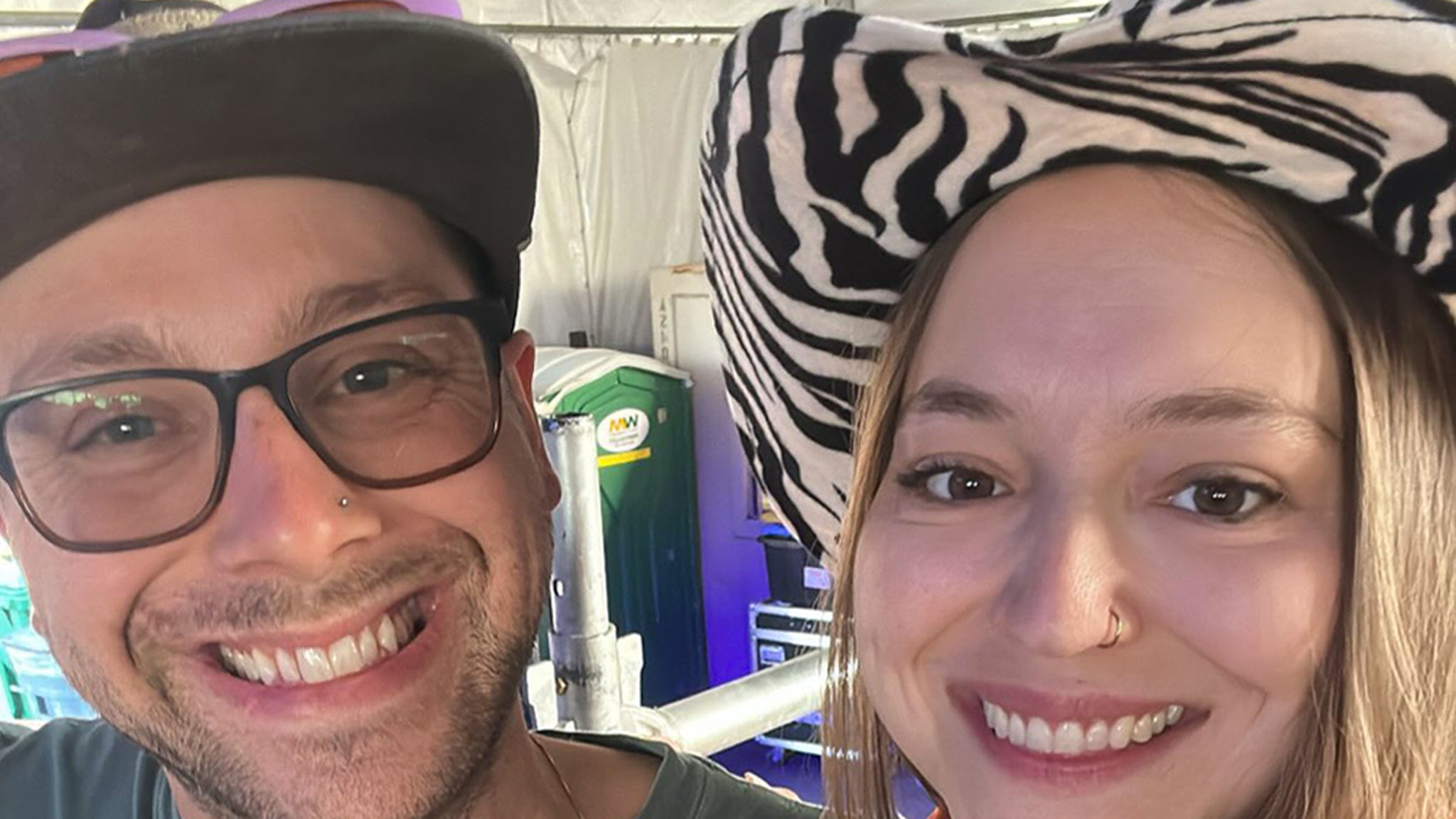
Influencer Hannah Carnat-Gronnerud's Fiancé Dies

Former Miss Universe contestant dies after elk collision
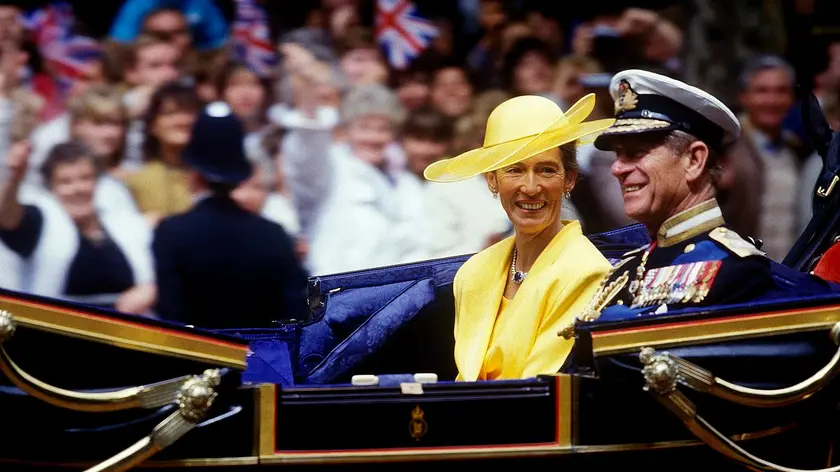
Royal gossip claim drives palace talk
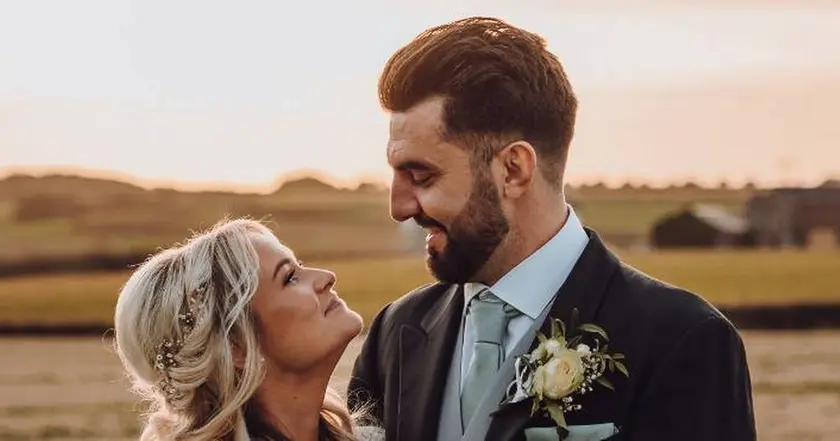
Owain James case prompts call for tissue handling reform
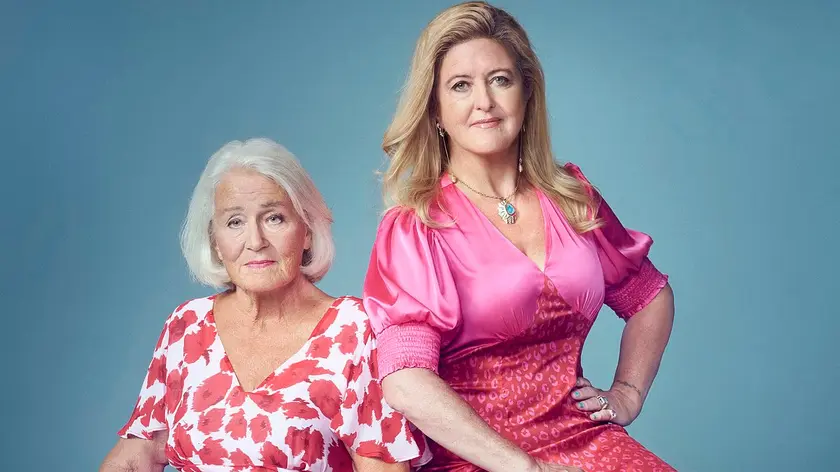
Susannah Jowitt reflects on her mother's troubled legacy

Blackstock obituary reveals partner in Montana ventures
